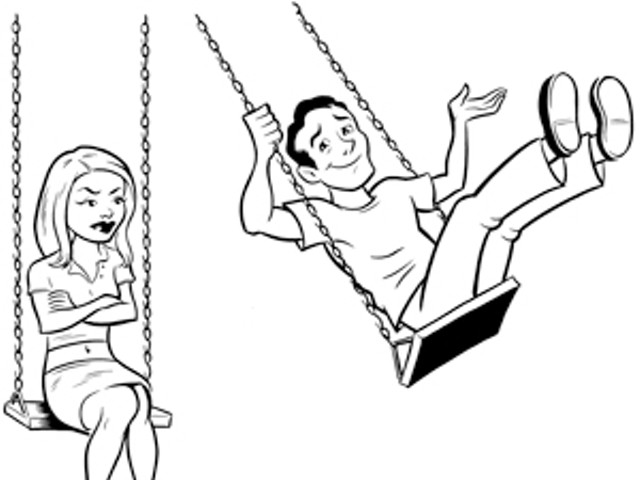Detroit reporter David Ashenfelter is the latest journalist to get caught up in a government employees' Privacy Act lawsuit — a trend that has media advocates worried.
The act prohibits the release of certain information about federal employees, including discipline or investigations into their conduct. Adopted in the early 1970s, it was a response to government-initiated smear campaigns orchestrated and conducted by the likes of former FBI Director J. Edgar Hoover, President Richard Nixon and U.S. Sen. Joseph McCarthy that destroyed the lives of their political opponents or perceived enemies.
Making it a crime to release information about federal workers, the thinking went, would prevent leaks of information that targeted innocent people. But, in theory, it also criminalizes the release of information about wrongdoing.
In recent years, the Privacy Act has been used by people who have been the subject of critical media reports, based on unnamed sources, says Lucy Dalglish, executive director of the Reporters Committee for Freedom of the Press.
"Because they got unfavorable attention, they want to sue the government for illegally releasing the information about them. They bring a lawsuit under the Privacy Act as a way of recovering information," she says. "They can't bring libel suits because the information is true."
But it's not always that simple. Some of the most high-profile Privacy Act suits involved former nuclear scientist Wen Ho Lee, who went to court after confidential sources told various reporters he was the target of a spying investigation. Faced with the dilemma of having to either reveal their sources' names or pay $500 a day in contempt fines, the New York Times, Washington Post, Los Angeles Times, ABC News and the Associated Press — which weren't even defendants in the suit — paid Lee a $750,000 settlement. Lee also received an $850,000 settlement from the federal government.
The case involving Ashenfelter has some similarities. Former federal prosecutor Richard Convertino sued the Justice Department for an alleged Privacy Act violation after Ashenfelter, for a 2004 article citing confidential sources, reported that the Justice Department was investigating Convertino, who later resigned.
In 2003, Convertino had won guilty verdicts in the first post-9/11 terrorism trial, but the convictions were overturned after it was discovered that Convertino had failed to provide evidence to the defense. Criminal charges were then brought against Convertino, but a jury found him not guilty.
In his suit, Convertino says he was punished for complaining about a lack of resources to fight the war on terror.
A federal review identified more than 30 people who could have known about the investigation into Convertino, his attorney, Steve Kohn, says. But they all denied under oath that they provided the information.
That leaves Ashenfelter under the hammer.
"We've got nowhere else to go," Kohn says.
By the time readers see this, there may be another court ruling in the case. A hearing was scheduled for Wednesday, Feb. 11, with U.S. District Judge Robert Cleland set to consider contempt of court charges against the Pulitzer Prize-winning reporter, who is claiming he has Fifth Amendment protection against self-incrimination. If he talks, Ashenfelter argues, he fears being charged with a crime.
If the case were in a state court, Michigan's shield law would protect Ashenfelter from being forced to testify or face fines or imprisonment if he refused. But there's no federal equivalent, placing reporters like Ashenfelter in jeopardy, even in civil cases such as the one he's caught up in.
The outcome of the scheduled hearing will be posted at metrotimes.com. "Ash," as friends call him, is facing possible fines of as much as $5,000 a day.
News Hits is edited by Curt Guyette. Contact him at 313-202-8004 or [email protected]




